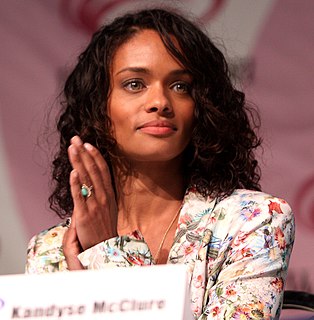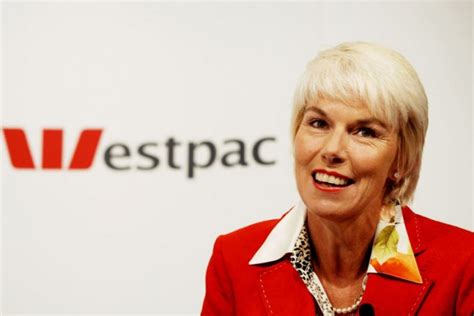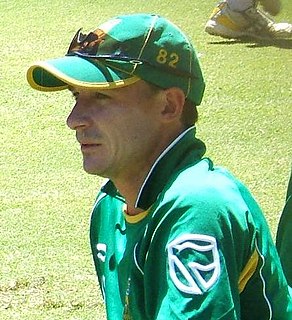A Quote by Bernice King
My first introduction to South Africa's struggle for freedom came when I was just 17. I had volunteered to speak in my mother's stead at a United Nations forum on South Africa because she was unable to attend on that occasion.
Related Quotes
When I was in government, the South African economy was growing at 4.5% - 5%. But then came the global financial crisis of 2008/2009, and so the global economy shrunk. That hit South Africa very hard, because then the export markets shrunk, and that includes China, which has become one of the main trade partners with South Africa. Also, the slowdown in the Chinese economy affected South Africa. The result was that during that whole period, South Africa lost something like a million jobs because of external factors.
At the outset, I want to say that the suggestion that the struggle in South Africa is under the influence of foreigners or communists is wholly incorrect. I have done whatever I did because of my experience in South Africa and my own proudly felt African background, and not because of what any outsider might have said.
And now South Africa has finally woken up and it is doing great things. And if South Africa becomes the template to what AIDS is in the sub-Saharan continent, then all the other countries are going to follow suit. And Michel Sidibe, who spoke at the breakfast meeting this morning, was saying that there is so much hope for Africa now that South Africa has got its house in order.
The very first role I ever played was as a 17-year old South African girl who dreamed of being a star and left home to meet her mother in the big city so that she could pursue that dream. I left South Africa and met my mother in Vancouver and not long after that was given the opportunity to perform on the stage and have people chant my name.
In South Africa, being Chinese meant I wasn't white and I wasn't black. I trained in Baragwanath Hospital, the largest black hospital in South Africa. That was around 1976, the time of the Soweto Uprising, when police fired on children and students who were protesting. I was part of the group of interns who volunteered to treat them.
I pray for my nation, South Africa. As Jesus stood in the boat and commanded the storms to be calm, I stand in the midst of the storm in my nation, South Africa and I command the storm, wind and waves to be calm, in the name of Jesus! I speak calmness to my nation, South Africa, in the name of Jesus!
It is considered in England and the United States that the Government of South Africa is altogether too harsh with its native peoples. It is sadly humorous to notice that the native in South Africa, however, holds an exactly reverse opinion and the fault he finds with the South African Government is that it is far too lenient in its administration of laws throughout the native populace.






























